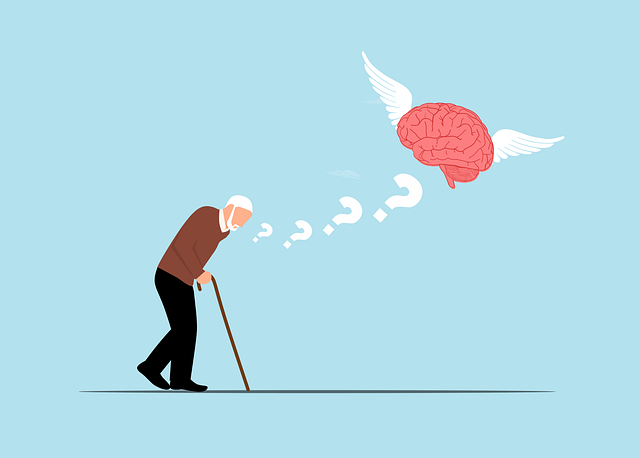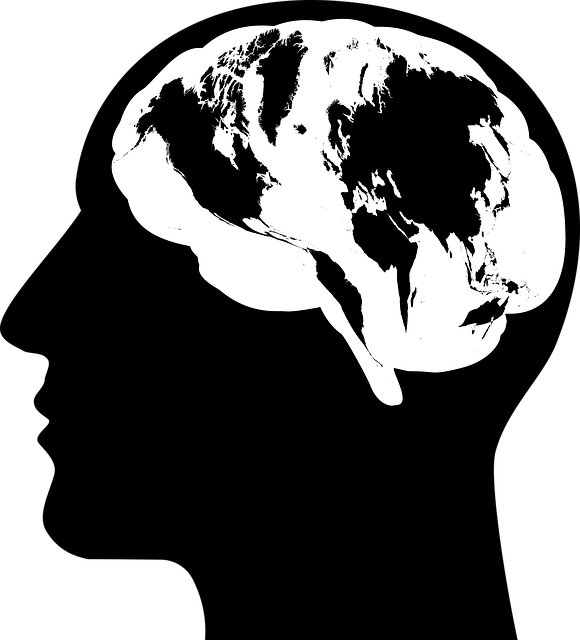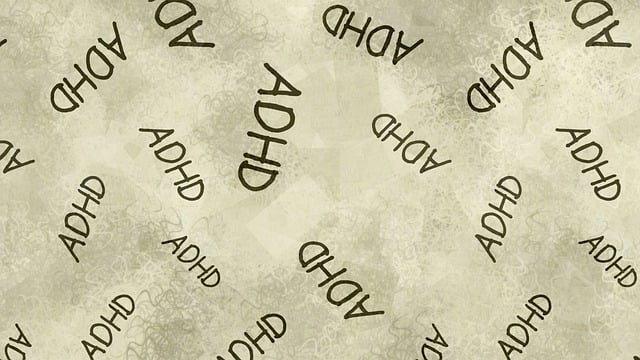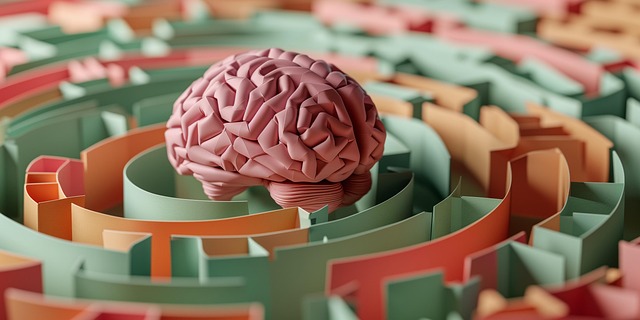Conduct Disorder (CD) is a serious behavioral issue affecting children and adolescents, leading to problems in daily life, relationships, and long-term mental health. It's characterized by aggressive behavior and can be linked to trauma or adverse experiences. Therapy for Conduct Disorder is crucial, offering evidence-based methods like CBT and DBT to manage anger, impulsivity, and stress. Through structured programs, mindfulness training, and emotional regulation techniques, individuals gain coping skills, build inner strength, and overcome challenges associated with CD, leading to improved mental wellness.
Coping skills development is a critical aspect of managing conduct disorder, a behavioral condition characterized by persistent aggression and defiant behavior. This article explores effective strategies to address this issue, with a focus on therapy as a powerful tool. We delve into understanding conduct disorder’s impact and its relationship with coping mechanisms. Subsequently, we present proven therapeutic approaches and practical strategies to enhance coping skills, offering hope and guidance for those seeking treatment. For parents and caregivers, these insights can be transformative, especially when considering Therapy for Conduct Disorder.
- Understanding Conduct Disorder and Its Impact
- The Role of Therapy in Coping Skills Development
- Strategies for Effective Coping Skills Acquisition
Understanding Conduct Disorder and Its Impact

Conduct Disorder (CD) is a serious behavioral and emotional disorder characterized by aggressive behavior that often begins in childhood or adolescence. It’s important to understand this condition as it significantly impacts an individual’s daily life, relationships, and overall well-being. Children and teens with CD may exhibit frequent and severe tantrums, bullying, fighting, or even animal cruelty. These behaviors are not simply ‘bad’ or ‘misbehaving’; they’re symptoms of underlying issues that require professional intervention.
The impact of Conduct Disorder extends beyond the individual, affecting families and communities as well. Unaddressed CD can lead to long-term consequences such as academic difficulties, legal problems, substance abuse, and mental health disorders. However, with the right therapy for conduct disorder, individuals can develop coping skills and learn to manage their emotions effectively. Trauma support services play a crucial role in understanding and addressing the root causes of CD, often linked to underlying trauma or adverse life experiences, and inner strength development through mental wellness journaling exercises guidance can empower individuals to take control of their lives and foster positive change.
The Role of Therapy in Coping Skills Development

Therapy plays a pivotal role in coping skills development, especially for individuals dealing with challenges like Conduct Disorder. It provides a safe space for exploration and learning, enabling clients to understand their behaviors and emotions better. Through various therapeutic approaches, such as cognitive-behavioral therapy (CBT) or dialectical behavior therapy (DBT), individuals can acquire effective strategies to manage anger, impulsivity, and other symptoms associated with Conduct Disorder.
In the context of Therapy for Conduct Disorder, a structured approach focusing on mental wellness is essential. Therapists facilitate personal growth by teaching mindfulness, emotional regulation, and problem-solving skills. Moreover, community outreach programs implementation can enhance coping abilities by fostering connections to support networks and promoting positive behaviors. Ultimately, this holistic process contributes to the development of inner strength, empowering individuals to navigate life’s challenges with resilience.
Strategies for Effective Coping Skills Acquisition

Developing effective coping skills is a crucial aspect of mental wellness, especially for individuals navigating challenges such as Conduct Disorder. Therapy for Conduct Disorder often incorporates strategies aimed at equipping clients with robust coping mechanisms to manage symptoms and improve overall well-being. One effective approach involves structured programs like Stress Management Workshops, which teach participants various techniques to handle stress and emotional distress. These workshops foster a supportive environment where individuals learn mindfulness exercises, relaxation strategies, and cognitive reframing skills, empowering them to confront and overcome difficulties.
Additionally, Crisis Intervention Guidance plays a pivotal role in coping skill development. This guidance equips individuals with tools to navigate crises and prevent escalating symptoms. Through education, practice, and personalized feedback, mental wellness can be fostered, allowing for better management of Conduct Disorder-related behaviors. By combining structured workshops with crisis intervention techniques, individuals gain a comprehensive toolkit for managing stress, emotional challenges, and potential triggers, ultimately enhancing their ability to cope effectively.
Coping skills development is a pivotal aspect of managing conduct disorder, as it equips individuals with healthy strategies to navigate challenges. Therapy plays a crucial role in this process, offering tailored support and guidance to enhance emotional regulation and problem-solving abilities. By combining evidence-based practices with personalized approaches, therapy for conduct disorder can significantly improve an individual’s ability to cope, fostering better mental health and overall well-being. Effective coping skills acquisition is not just about learning new techniques; it’s about empowering individuals to lead more balanced and fulfilling lives.














